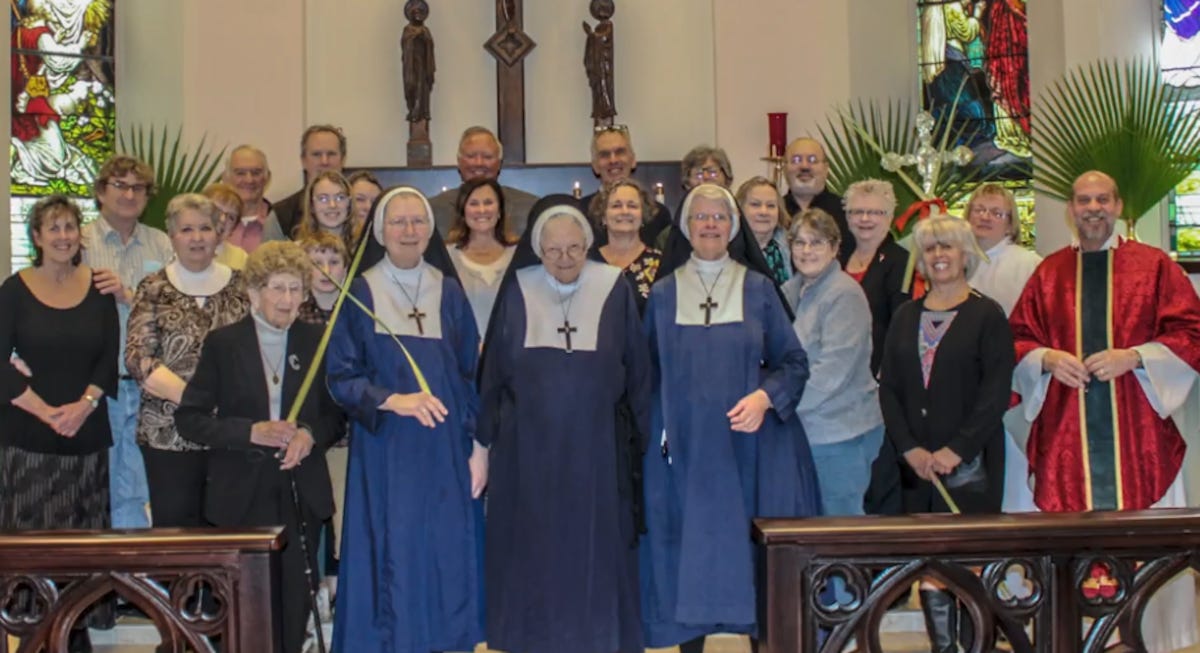Religious groups fighting insurance abortion mandate win at Supreme Court
Justices send dispute back to New York court for further review

Catholic dioceses and other religious organizations fighting a New York state mandate that the health insurance they provide employees include abortion coverage have won a preliminary victor…


